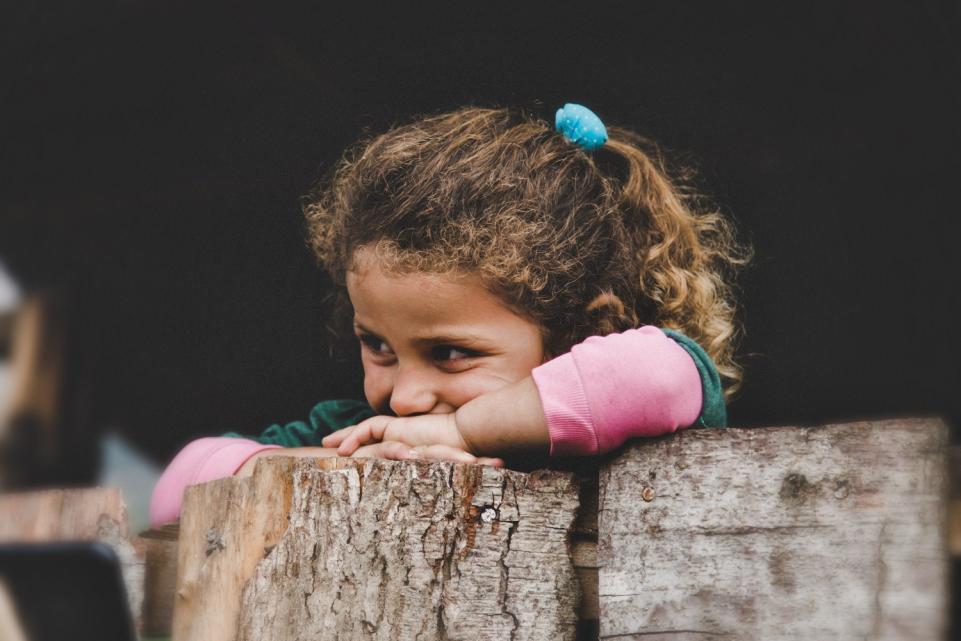Improve outcomes for children in the early years with a particular focus on speech and language development.
Early Language Local Innovation and Excellence (ELLIE) programme
The Early Years Social Mobility Peer Review programme was originally set up in 2018. The programme aimed to tackle development gaps in early language at the earliest opportunity and improve the prospects of disadvantaged young children by assessing the effectiveness and opportunities for local services to improve early outcomes for disadvantaged children at age five, with a focus on early speech, language and communication (SLC). In 2020, Ministers agreed to link the peer review programme with the work that DfE and Public Health England were doing to support early identification and speech, language and communication needs and create the Early Language Local Innovation and Excellence (ELLIE) programme.
The DfE have partnered with the LGA to provide a range of support with the overarching aim of helping local services to tackle development gaps in early language through implementation of SLC pathways and promotion of the Early Language Identification Measure (ELIM) across local authority integrated SLC pathways - including early years settings and health visitor workforce – and by doing so improve early language outcomes and school readiness.
The main focus is:
- Peer challenge and support
- strengthening local speech, language and communication systems
- developing resources and deliver activity to supports political and corporate leaders
- work with Councils to promote the reach and impact of the Home Learning Environment (HLE).
Peer Challenge and Support
We will be delivering a programme of peer challenges. A peer challenge is a robust and effective improvement tool managed and delivered by the sector, for the sector. It is not an inspection. Local government leaders and experts, together with key partners – as ‘peers’ – are at the heart of the process. Peer challenges help councils with their improvement and learning by providing a practitioner perspective and ‘critical friend’ challenge. The make-up of the peer team will reflect the requirements of the council receiving the peer challenge. Typically, there will be four peers plus an LGA peer challenge manager in a team with challenges taking place remotely with just one on-site day to engage with families and observe delivery of services and interventions.
The peer team will explore the effectiveness of local services in improving early outcomes for disadvantaged children at age five, including a particular focus on early language, and identifying opportunities for improvement. This sector-led improvement programme will work to strengthen local SLC systems by promoting government guidance on SLC pathways and ELIM to help improve the support to early years parents and children within the context of family hubs.
Being part of a peer challenge team is intensive but rewarding. It is a valuable learning experience, enabling a two-way exchange of good practice and provides an opportunity to reflect on your locality’s performance. It highlights innovative ways of working that can support sustained improvement and offers the chance to work alongside people from across the country who have a passion for the early years and children’s services. It is also an opportunity to build long lasting professional networks. We expect peers to have an excellent understanding of services for disadvantaged children and families, and the drivers of outcomes at the age of five; to be inquisitive and open minded; and be able to challenge effectively. Peer challengers will work at a senior level within their organisations, for example assistant director, head of service or senior manager. Peer challengers will need to commit to a two day peer challenger training/assessment event and at least one peer challenge per year (minimum of two in total). There will be training events in the Autumn 2023 and again in Spring 2024.
Strengthening local speech, language and communication systems
Funding has been allocated to provide targeted support to councils to improve their systems for developing good speech, language and communication skills, as well as those for identifying and supporting speech, language and communication needs (SLCN) as a partnership. An LGA consultant or officer peer with a speech and language background will provide 6 days support to each council. The support will be tailored to the needs of the individual council.
We will be hosting community of practice events twice yearly across the nine regions of the country to provide an opportunity to share good practice on developing SLC pathways and the implementation of the ELIM.
Developing resources and deliver activity that supports political and corporate leaders
We are working with the National Centre for Family Hubs to develop resources for lead members and chief executives. We will also be developing an e-module for members and holding some online events.
Work with Councils to promote the reach and impact of the Home Learning Environment (HLE)
We will be holding a series of online events to look at the challenges in supporting the home learning environment and to share good practice.
Liz Hodgman, Programme Manager [email protected]

